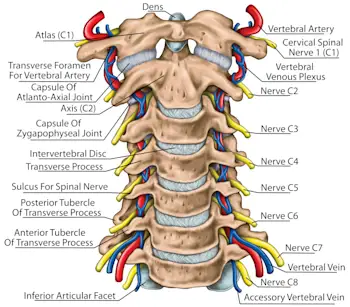...
Possible Development of a cold brew design?
10/10/24
Spine:
- Materials:
- Model section of spine (focus on vertebrae or discs?)
- Upper spine (neck area) - feels the most force because head is heavy - part of the spine that becomes weakest in older adults
- Lower spine - for someone with a medical condition
- Brace (non-invasive)
- Extra: skin like material to see how much damage the brace would do
- Challenges:
- How will the brace enact force on the test spine
- Finding a good fake bone material
- Spine has bone and ligament sections. Do we also need to model the squishy ligament sections for this to be accurate? I feel like the squishy ligament sections would respond most to compression (more squishy than bone) so maybe idk
- How to brace non-invasively inside the payload?
- What are we measuring? How will we collected data? - displacement, something to measure forces between vertebrae?
- Do we need to simulate weight of the head? - scale down the spine and just add weights on top
- Plan:
- At least one braced ‘spine’ and one control
- Do we want multiple brace designs
- Create brace similar to traditional medical brace
- Angled spine to be more realistic to how astronauts actually sit in rocket
IV Drip/Insulin Pump:
- Individuals in air travel have often been reported to experience hypoglycemia (too much insulin is delivered by the pump during takeoff?)
- Materials
- Insulin/IV drip
- Force comes from gravitational pull, so the drip bag must be kept higher than the place insulin/IV fluid is delivered
- Mechanical IV/ insulin pump
- Functions like a syringe
- Doesn’t function based on gravity, will it still be impacted by the increased g forces?
- Delivery site
- Synthetic model of human fatty tissue?
- Challenges
- What are we measuring?
- Flow rate through a small tube? Fluid delivered somewhere?
- Goal to maintain a constant flow rate (drip rate) throughout flight?
